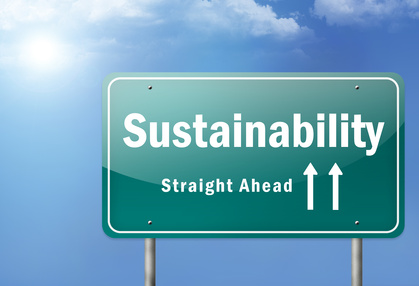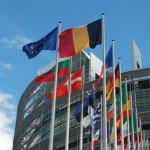Emissions trading: “opt-out” monitoring plans to be submitted by 30 September 2013
Starting from 1 January 2013, the European Emissions Trading System entered its third phase of implementation. Italy applies the new regulation defined by the European Directive 2009/29/EC with the Decree n. 30 of 13 March 2013, that defines simplified procedures for small installation that requested the exclusion (also called “opt-out”) from the ETS.
The Italian Competent Authority, with Deliberation 16/2013, has recently approved a list of 166 small emitters and their annual emissions cap, defining the new requirements and procedures to fulfill. To be compliant to the system, small emitters shall submit the Monitoring Plan, in the new simplified format, no later than 30 September 2013.


